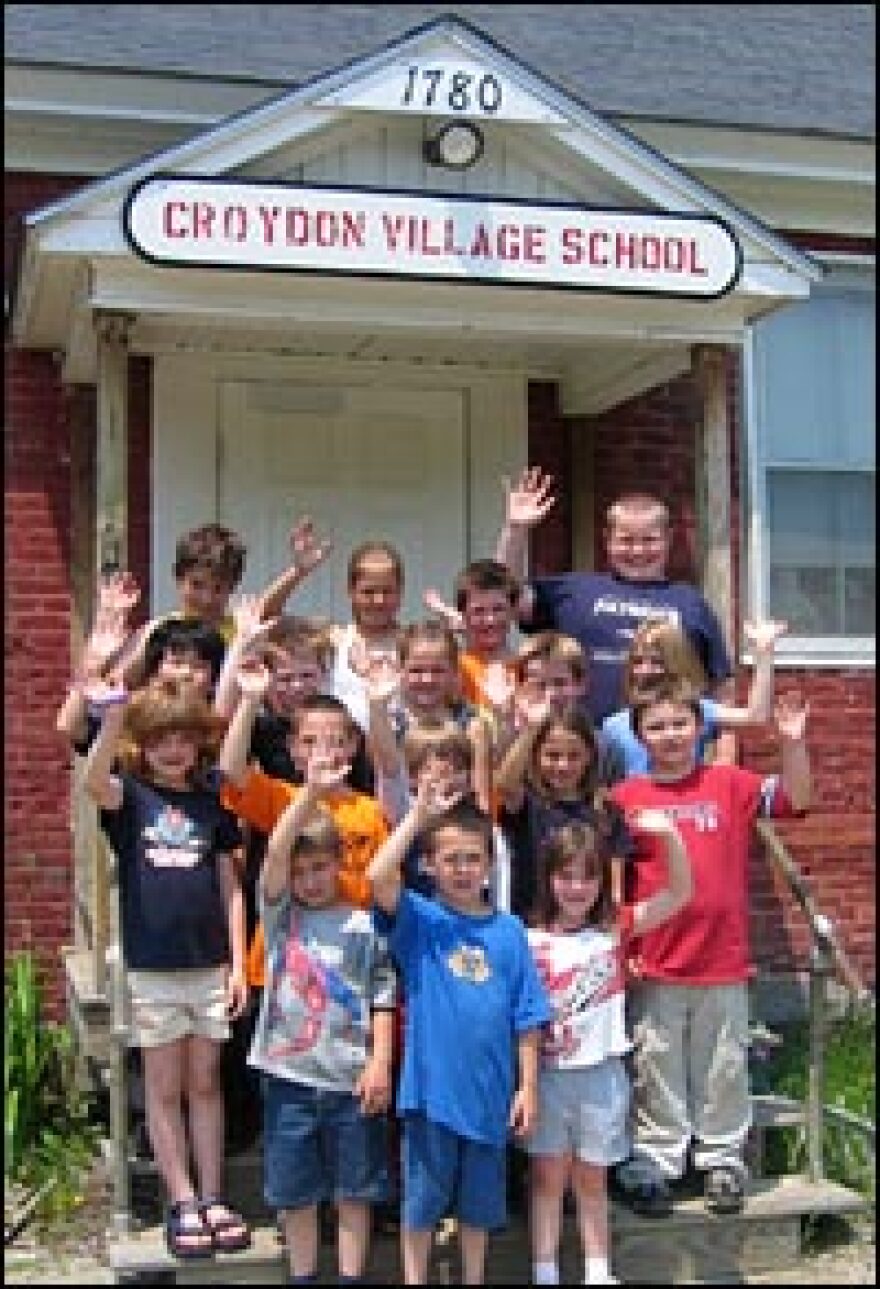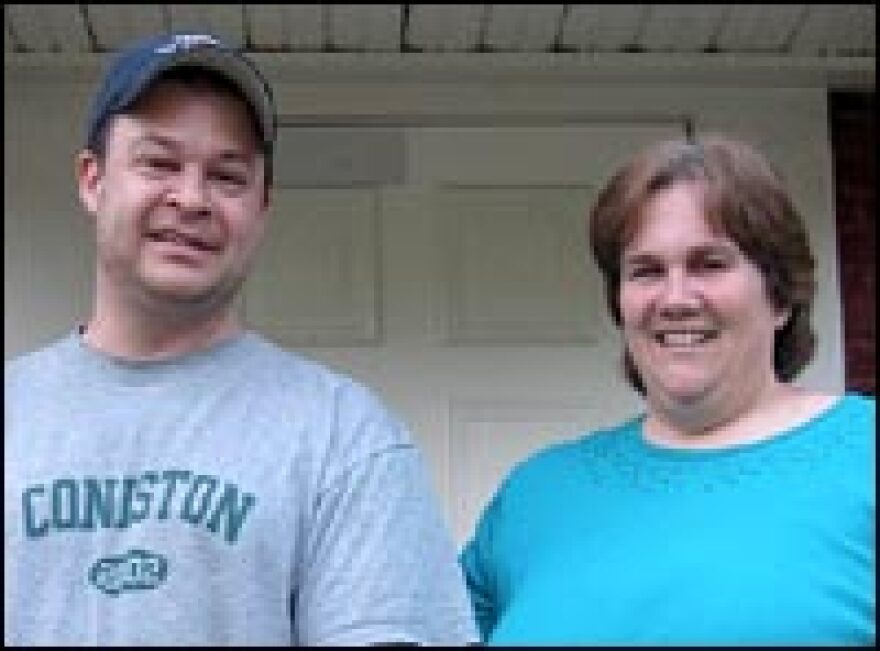

Go slow when you drive through Croydon, N.H. It's a tiny place with a general store, a town hall, one church and a red brick, one-story school. Croydon's school was built in 1780 and has been in continuous operation ever since. But change is coming. It's a matter of growth.
Most of America's one-room schools are threatened with closure because of lack of population. Croydon might lose its school because it has too many people.
Today, only first-, second- and third-graders attend Croydon Village School. From fourth grade on, they take a bus to Newport, the next town down the highway.
Citizens of Croydon are happy with the arrangement and support it with their tax dollars. At a town meeting every March, they scrutinize the school budget line by line. Lifelong resident Harry Newcomb sums up a prevailing attitude: "If it ain't broke, don't fix it."
For nearly a decade, the Croydon teacher has been Lynn Touchette. Making the most of the multi-grade setting, she finds ways to get older and younger students working together. This kind of education distinguishes one-room schools from more typical public schools, and the citizens of Croydon think it makes for more confident, secure kids.
"They have a tight bond with the teacher, a tight bond with each other and a tight bond with the community -- and they take that right through life with them," says Carol Marsh, who was a student at Croydon and now serves on the school board. Her daughter Katie attended Croydon, too.
Croydon's population varied only a little for many years, hovering for a long time between 600 and 700. Now a lack of housing in nearby towns and cities is bringing people here. Two new subdivisions have broken ground.
Last spring, there were 18 students at the school, and most agree that's near the upper limit. If more come, the residents of Croydon will have hard choices before them: renovate the old, historic school, build a new school, or send more kids down the road to the next town.
"We want our young ones here," says Marsh. "We want them to know their neighbors."
Copyright 2022 NPR. To see more, visit https://www.npr.org.

